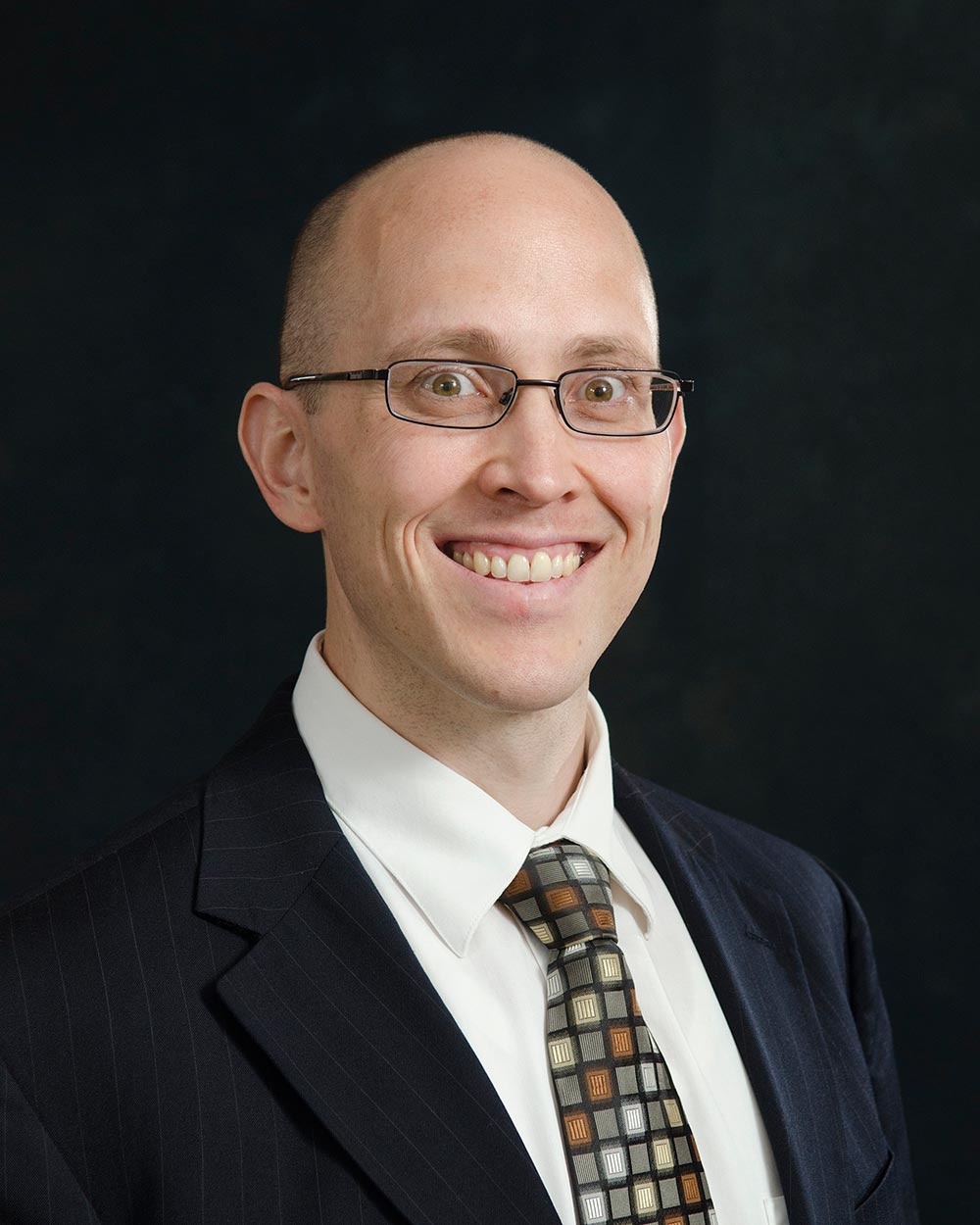'Redshirting' kids yields no advantage in higher education
By Daniel Aloi
While many parents and educators believe holding children back from entering kindergarten offers advantages if they are older relative to their classmates, Cornell researchers Kevin Kniffin and Andrew Hanks have found that such “redshirting” has no impact on their performance in graduate school.


Kniffin and Hanks looked at relative age among a sample of doctoral students to determine if it had any bearing on their success, including time to earn the degree and salary after completion. The researchers conducted tests “based on the full sample of people who earned their Ph.D.s in the United States in 2010,” Kniffin said.
In addition to controlling for a variety of disciplines, they factored for variables, including cutoff dates for kindergarten enrollment depending on month of birth, policies on which vary state to state; the state in which those sampled graduated from high school; and their relative ages when they started doctoral studies. The sample also was divided into quartiles by date of birth.
“We wanted to see if one group or another were taking longer [to earn a degree] or maybe starting later. In those, we found no effect,” Kniffin said. “The ‘runts,’ the fourth-quartile children, did not appear to have any disadvantage.”
Relative age effects (RAEs) among people pursuing doctorates “appear to have no influence” on their success or time to earn a degree, Kniffin noted. The findings indicate that “parents shouldn’t be overly concerned about their children’s relative age in educational achievement,” he said.
Kniffin and Hanks’ study, “Revisiting Gladwell’s Hockey Players: Influence of Relative Age Effects Upon Earning the Ph.D.,” was published online July 22 in the research journal Contemporary Economic Policy.
The title refers to an example used by author Malcolm Gladwell, who popularized the relative age concept in his 2008 best-seller, “Outliers: The Story of Success.” Gladwell credits the achievement of a group of Canadian professional hockey players – most of whom were born early in the year – to their relative age, positing that they had an advantage in size and maturity over their peers.
“He goes so far as to say that schools in the U.S. should be splitting grades up into half-grades, to minimize RAEs,” Kniffin said.
The term “redshirting” originated in college athletics, where younger players may be withheld from varsity competition to develop skills and extend eligibility. Translating the concept from athletics to academic environments, however, yields different results.
In addition to Gladwell, the Cornell study cites other recent research on RAEs.
“If someone is reading Gladwell’s story it’s easy to imagine that somebody who’s always been relatively young among their classmates might feel that they are stigmatized in a way,” Kniffin said. “We’re presenting evidence – not just our own – that makes the point that people should not feel like they are at some relative disadvantage if they are younger.”
While some research has shown advantages to being several months older at the grade school level, particularly prior to third grade, Kniffin and Hanks’ study infers that the relative age benefit seems to diminish and nearly disappear over time – and that redshirting also bears a negative consequence. “Over the lifetime of an academic, beginning a career one year later translates into $138,000 of lost income,” Hanks said.
“For those who consider a Ph.D. to be a reasonable measure of academic achievement, the new findings indicate that redshirting is wasteful, costly and unnecessary,” Kniffin said.
Kniffin and Hanks began their investigation as postdoctoral research associates at Cornell. “Drew and I are each parents to young children, so it was partly out of curiosity,” Kniffin said, “but also out of an interest in what I would call evidence-based parenting.”
Kniffin is a visiting assistant professor in Cornell’s Dyson School of Applied Economics and Management; Hanks is an assistant professor of consumer science at Ohio State University.
The research was funded by Cornell and supported by the Cornell Restricted Access Data Center.
Media Contact
Get Cornell news delivered right to your inbox.
Subscribe